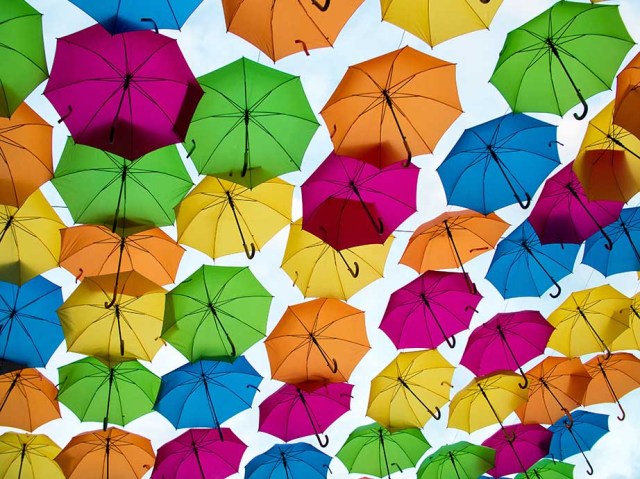European Union considers anti-photography legislation
It’s well known that you can’t photograph the Eiffel Tower at night – commercially at least – without getting permission from the owners. That’s because although the tower is old enough that the architecture is out of copyright, the lighting scheme at the top is not, and in France (as well as Greece, Italy, Austria & France).
Why the ban on photography affects everyone
Given that the terms and conditions of Facebook and other social media sites require you to hand commercial rights to your images over to those networks when you upload them, that means any online sharing of a photo puts you, as photographer, at risk of legal action. And it’s legal right that some architects follow up on, like Atomium building, Brussels, designer André Waterkeyn.
But it could have been so different…
The solution? The so-called ‘Right to Panorama‘ proposed to the European Parliament’s Legal Committee by the German branch of the Pirate Party.
This is something already enjoyed by the people of the UK, India and Australia and to a lesser extent in other European nations (there’s a great map of panorama rights), but sadly the committee of the European Parliament decided the Pirate Party were wrong, and are looking at extending the most draconian version of the rights, protecting copyright in buildings and public art at the expense of photographers. Americans might be interested to know that even the land of the free only allows pictures infant of buildings; public art is still protected by the long arm of copyright law.
Interestingly organisations like RIBA, who you might have thought would be trying to claw every penny for their members, are instead quoted (in Forbes) as saying the proposals “would… have negative implications, and represent a potentially damaging restriction of the debate about architecture and public space”.
It’s also interesting to think that a law like this could never be enforced fairly – there is no way there are enough courts in the world to deal with all the potential copyright claims from the billions of photos online. Instead each photo you take could be a ticking time-bomb in your history, waiting for you to make just enough money to get someone’s attention, at which point the lawyers will strike. That’s cruel and unusual.
It’s worth noting that at this point the proposal is with the European Parliament, which cannot directly legislate over European Countries (as some reporting this story have implied), but it remains an influential part of the process, and surely no photographer wants to see this pass from the parliament to the European council of ministers who do have the power to implement it.
Do something about it
Make sure you share the news, and encourage people to sign Niko Trinkhaus’s online petition to Save The Freedom of Photography.



